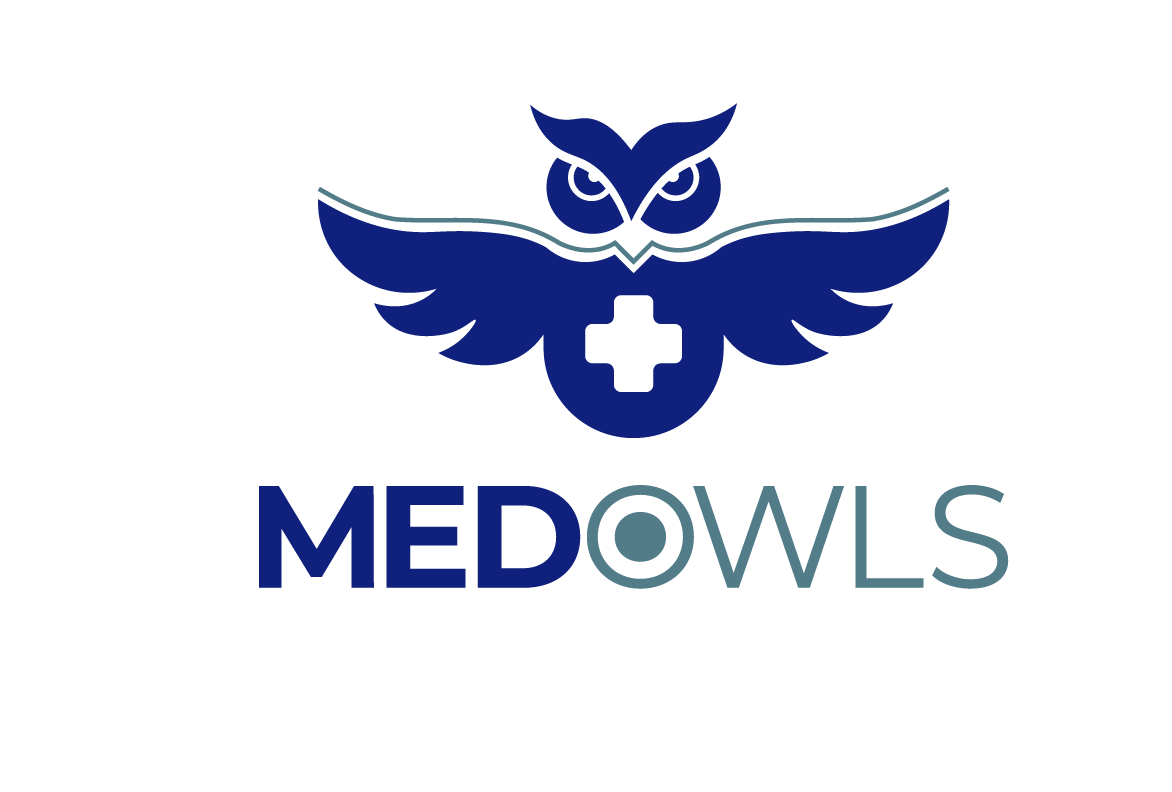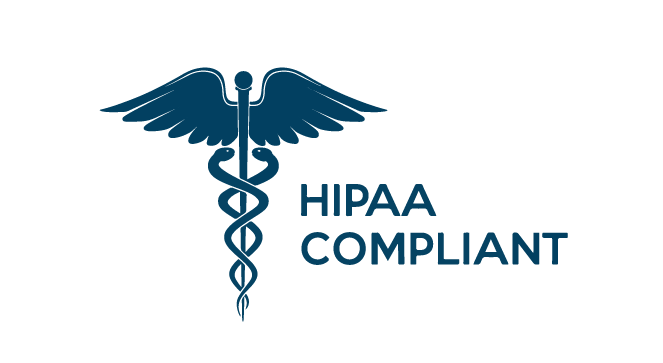Healthcare revenue cycle challenges may be encountered at every stage of the patient experience, from patient access to claims, billing, payment, and collections. Digital technologies and analytics, on the other hand, can assist providers in addressing their top healthcare revenue cycle concerns. If revenue cycle management (RCM) concerns are not addressed, they can lead to revenue loss. Here are the top five healthcare revenue cycle concerns and how providers are addressing them:
Healthcare regulatory and compliance guidelines are developing.
New regulations are a constant in the healthcare industry. However, this is one of the most significant healthcare revenue cycle concerns that providers must address. Failure to keep up with the constantly changing compliance landscape can result in claim denials, payment delays, and administrative and billing delays. Healthcare Regulation Solutions, which include tools for generating clear, patient-friendly estimates, can help you make regulatory compliance a regular part of your business procedures.


Lack of data-driven metrics and insights.
Increasing RCM efficiency requires the use of analytics to give a broader perspective of what's going on throughout the company. This is not always the case in a busy healthcare workplace or hospital. Comprehensive data and analytics are essential for providers that wish to identify and manage problem areas. Different systems and walled information might obstruct the creation of the single perspective required to diagnose the issues causing delay claims, billing, and payment. Revenue Cycle Management Analytics combines client data with unfamiliar standard Electronic Data Interchange sets to identify process optimisation possibilities. Providers may improve patient access productivity, billing efficiency, reimbursements, and payer performance by utilizing the correct data.
Billing and coding errors
Claim denials limit workflow by putting employees in a cycle of claim submission, denial, adjustment, and delay—thus disrupting revenue flow. A denied claim normally causes a 16-day delay in compensation. By replacing manual processes with automated workflows, billing errors and AR days may be minimized. Integrated claims management software checks claims for incorrect coding before they are filed, minimizing claims denials and lowering the time between billing and payment.


Third- party invisibility
Outsourcing the revenue cycle process offers advantages, but lack of sight can result in micromanagement, which negates the objective. Medical billing and other third-party providers should be able to provide you with performance data automatically or on request, giving you a far better understanding of your billing processes.
Utilization of Technology
Revenue cycle management has significant challenges when it comes to implementing and managing information technology systems and billing infrastructure. Healthcare organizations may lack the financial resources or equipment required to invest in new technologies that expedite claims processing, such as Electronic Health Records (EHRs). This constraint may result in inefficiencies in the management of claims and outpatient networks. To successfully tackle technological obstacles, providers could consider outsourcing their practice assuring the availability of IT professionals.




